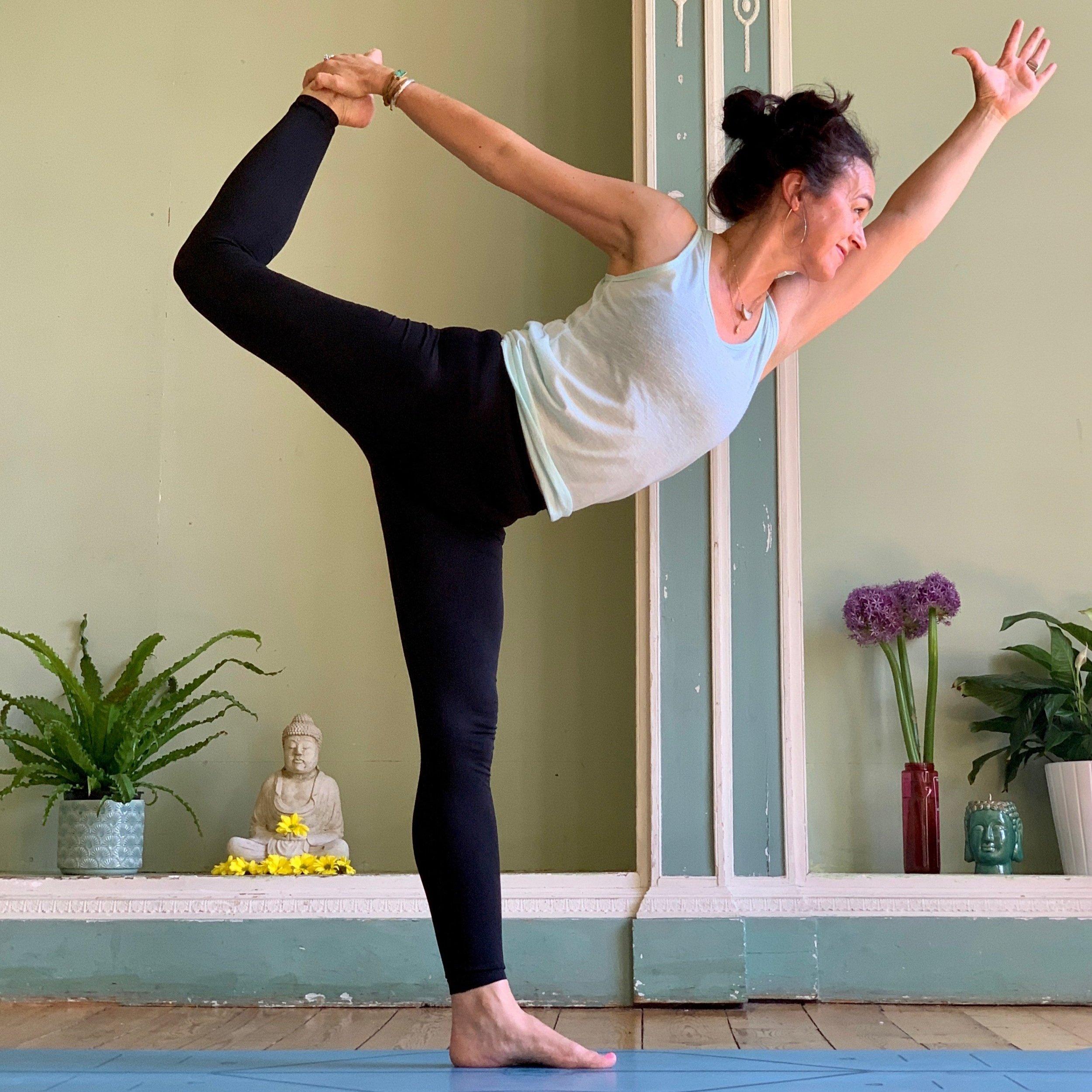In the bustling world of yoga-for-kids-and-teens/zen-teens-yoga-for-stress-relief/” title=”Zen Teens: Yoga for Stress Relief”>adolescence, where the mind races and the body constantly evolves, finding harmony can feel like chasing the wind. Amidst this whirlwind of change, yoga emerges as a beacon of tranquility and strength, offering teenagers a unique pathway to cultivate balance and coordination. This ancient practice, with its roots steeped in mindfulness and physical discipline, provides more than just a refuge from the chaos of teenage life; it is a transformative journey that fosters both inner peace and physical prowess. As teens navigate the delicate dance of growth, yoga becomes their ally, gently guiding them towards a centered existence where balance and coordination are not just physical attributes but a way of life. Join us as we explore the profound impact of yoga on the teenage experience, uncovering how this timeless practice can help young individuals gracefully stride through their formative years with confidence and poise.
Benefits of Yoga in Enhancing Teen Balance and Coordination
Incorporating yoga into a teen’s routine can significantly boost their physical and mental faculties, particularly when it comes to balance and coordination. The practice of yoga encourages mindfulness and awareness of one’s body, which naturally leads to improved posture and stability. Through consistent practice, teens can enhance their proprioception, the body’s ability to sense movement and position in space, which is essential for balance.
- Improved Posture: Yoga teaches alignment and body awareness, helping teens stand tall and move gracefully.
- Enhanced Flexibility: Regular stretching and poses increase flexibility, making it easier to maintain balance.
- Mind-Body Connection: Focusing on breath and movement enhances coordination and concentration.
- Stress Reduction: Calming practices reduce anxiety, which can negatively affect balance.

Key Poses to Strengthen Stability and Precision
For teens looking to enhance their balance and coordination through yoga, integrating specific poses into their practice can be incredibly beneficial. Here are some essential poses that focus on building both stability and precision:
- Tree Pose (Vrksasana): This classic balancing pose helps improve concentration and focus. Standing on one leg, place the sole of the other foot against the inner thigh, keeping your hands in a prayer position at your chest. This position encourages stability while calming the mind.
- Eagle Pose (Garudasana): Engaging the entire body, this pose strengthens the ankles, calves, and thighs. By wrapping one leg over the other and intertwining the arms, it challenges teens to maintain balance while enhancing mental clarity.
- Warrior III (Virabhadrasana III): A dynamic pose that combines strength and balance, Warrior III requires standing on one leg while extending the other leg back and leaning forward. This pose not only builds core strength but also improves precision and focus.
Practicing these poses regularly can significantly aid in the development of a strong, balanced body and a focused mind, providing a solid foundation for teens as they navigate their growing bodies and busy lives.

Integrating Mindfulness for Better Physical Harmony
Incorporating mindfulness into yoga practices can be transformative for teens seeking enhanced physical harmony. By focusing on the present moment, young practitioners can develop a deeper connection with their bodies, promoting a sense of balance and coordination. Mindful breathing, for instance, helps in centering the mind, allowing teens to perform poses with greater stability. This awareness can lead to improved posture and muscle control, fostering an environment where physical movements become more fluid and intentional.
Moreover, practicing yoga mindfully encourages teens to listen to their bodies, understanding their limits and strengths. This self-awareness is crucial in preventing injuries and enhancing performance. Some beneficial techniques include:
- Body Scanning: Encourages teens to focus on different body parts, identifying areas of tension or imbalance.
- Visualization: Helps in imagining the body in perfect alignment, which can improve actual posture and balance.
- Mindful Transitioning: Emphasizes smooth and controlled movements between poses, boosting coordination.
By integrating these mindful practices, teens not only achieve better physical harmony but also cultivate a more resilient and focused mindset.
Expert Tips on Creating an Effective Yoga Routine for Teens
Developing a yoga routine tailored for teens requires a blend of creativity, patience, and understanding of their unique needs. To foster balance and coordination, it is essential to incorporate a variety of poses that challenge and engage their growing bodies. Here are some expert tips to consider:
- Mix it Up: Ensure the routine includes a combination of standing, seated, and balancing poses. Tree Pose and Warrior III are excellent for enhancing balance, while Seated Forward Bend can improve flexibility and focus.
- Mindful Breathing: Teach teens the importance of integrating breath with movement. Encourage them to practice Pranayama techniques, such as alternate nostril breathing, to cultivate mental clarity and calmness.
- Engage the Core: Core strength is crucial for balance. Incorporate poses like Boat Pose and Plank to help stabilize and strengthen the core muscles.
Remember, the key is to create a routine that is not only physically beneficial but also enjoyable, allowing teens to develop a lifelong appreciation for yoga and its benefits.
Future Outlook
As we roll up our mats and take a moment to reflect on the journey of yoga for teens, it’s clear that this ancient practice offers more than just physical benefits. It is a gateway to a balanced life, both on and off the mat. Through the graceful flow of asanas and the focused rhythm of breath, teens can discover a newfound harmony within themselves, fostering not only improved balance and coordination but also a deeper connection to their inner world.
In this bustling era of constant change, yoga stands as a steadfast companion, guiding young minds towards stability and mindfulness. By embracing yoga, teens are not only strengthening their bodies but also nurturing resilience and clarity that will serve them well beyond their adolescent years.
As they continue to explore this path, may they find empowerment in each pose and tranquility in each breath, carrying forward the lessons learned into every corner of their lives. And so, as we conclude this exploration, let us leave with the reminder that balance is not a destination, but a continuous journey—one that is beautifully accessible to all who dare to step onto the mat. Namaste.

